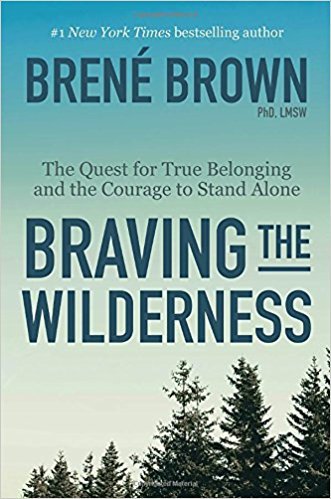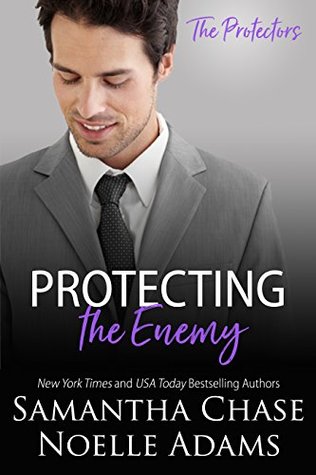In Reading Lolita in Tehran, Azar Nafisi writes:
I told my students I wanted them in their readings to consider in what ways these works unsettled them, made them a little uneasy, made them look around and consider the world, like Alice in Wonderland, through different eyes.
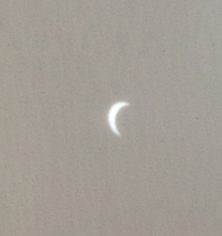 A major celestial event like today’s solar eclipse should give us all pause, should make us “consider the world” in this way. It should make us a little uneasy, with a persisting sense of how small we are and how very big the universe is, and how easily we could throw it all away.
A major celestial event like today’s solar eclipse should give us all pause, should make us “consider the world” in this way. It should make us a little uneasy, with a persisting sense of how small we are and how very big the universe is, and how easily we could throw it all away. 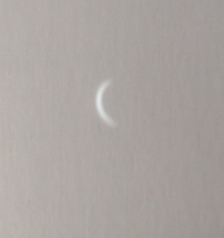
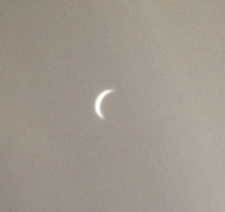
Images of the solar eclipse through a pinhole, a little south of the line of totality.
Wendy Mass’s characters in her middle grade novel, Every Soul a Star, grapple in this way with their places in the world. It’s an interesting novel to read now, because it was published back in 2008 when the dilemmas facing the world were rather different from today. And because the entire storyline leans forward, way forward, all the way to August 21, 2017.  To now, this day, the day of the Great American Eclipse.
To now, this day, the day of the Great American Eclipse.
Told from the alternating viewpoints of three teenaged characters–Ally, Bree, and Jack–the novel is set in a place that is close to nowhere, the Moon Shadow Campground in rural Oregon, a home as transitory as the eclipse itself and as loaded with meaning. A home that is smack dab in the path of totality. The skies are “dark and wide” here, a suitable home for a girl whose soul is tethered to the sky, a latter-day comet-hunter.
Some things have changed since the book was published–texting was still new back then, for example, and both the lure and the tyranny of social media were yet to come. Gender roles have been challenged since then and the challenges threatened all over again. All of which leads the text to travel quite well beyond its original time, in my opinion. There is much to consider here–the family history that ties Ally to the place, the lucid dreams that offer Jack, struggling with weight and family issues, an escape from reality. Even Bree, whose shallowness is initially annoying, acquires an emotional corona of sorts by the end.
Then there’s the eclipse itself. By giving us many ways to look at the lives of people leading into this single event, Mass manages to convey a whole worldview. Here’s a peek:
“…comparing what you see during an eclipse to the darkness at night is like comparing an ocean to a teardrop.”
and another:
I get to my feet and walk into the sun dial. “Show me where I stand.”
and a few more:
The pockmarked face of the moon stares back at me, enormous and bright. It doesn’t look anything like it does hanging above us in the sky. It’s so beautiful and mysterious and powerful. This enormous rock controls so much of whathappens on our planet. The tides, for one, and indirectly, the weather. I’m struck by the perfect way the universe fits together…
Now, in five hours, barring the end of the world, the moon will obliterate the sun.”
The pearly white corona suddenly streams out from behind the dark moon in all directions, pulsing, looping, swirling, glowing, a halo of unearthly light. I feel like I could die from the beauty of it.
There it is again–mystery and unease all wrapped up in one. As Emily Dickinson wrote in a poem unread during her lifetime:
Share this:It sounded as if the Streets were running
And then — the Streets stood still —
Eclipse — was all we could see at the Window
And Awe — was all we could feel.
